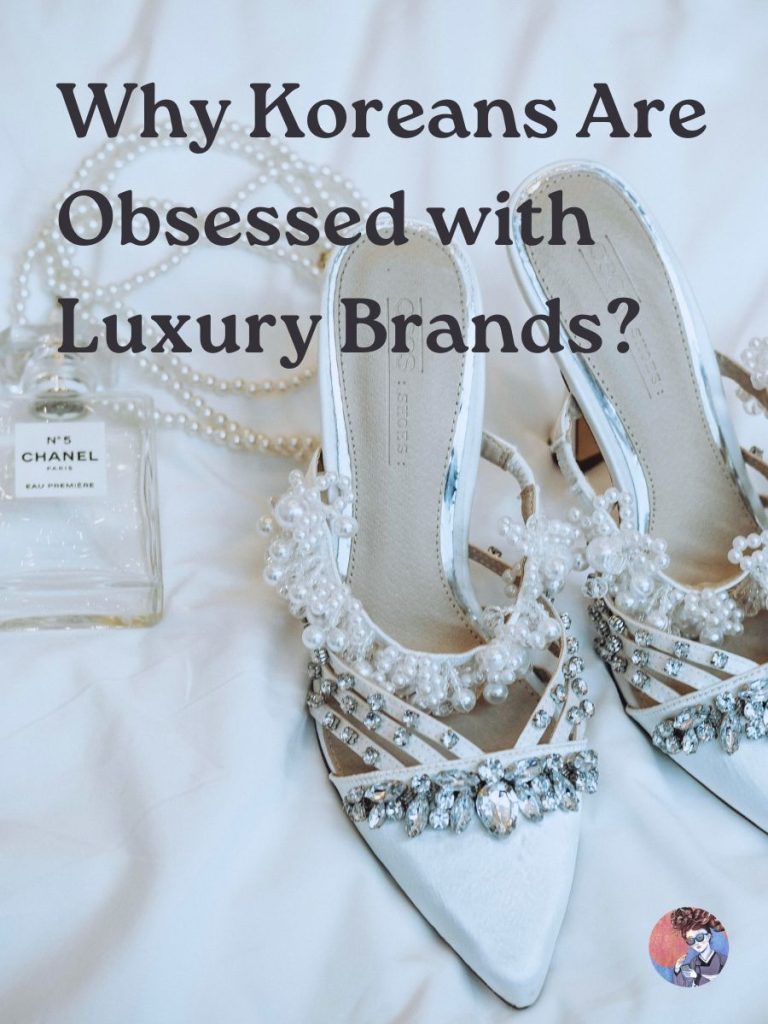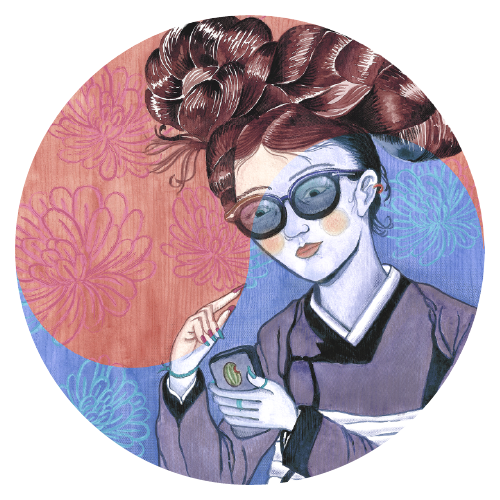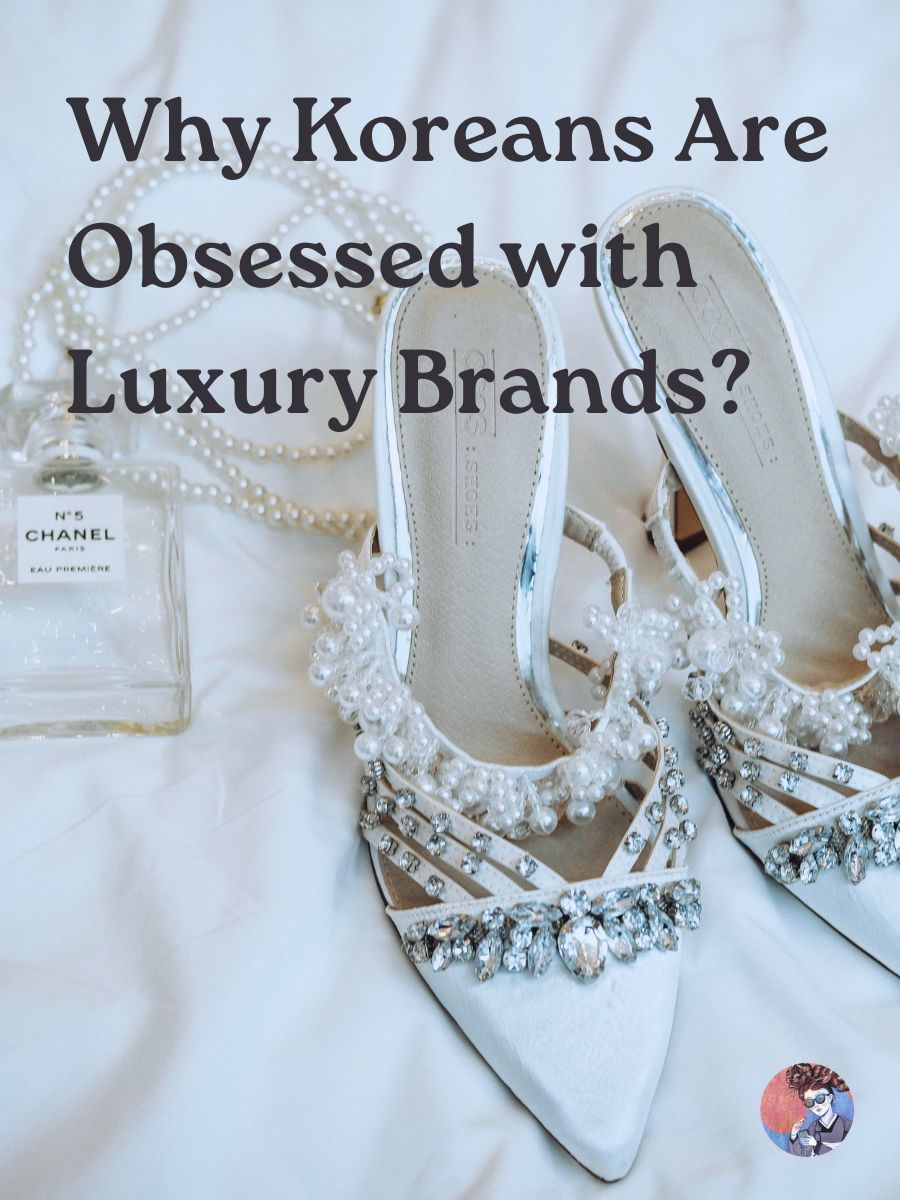
Have you noticed that almost every Korean owns something expensive?
Here’s why Koreans have such a deep love for luxury brands, almost to the point of obsession.
Quick Summary
- Koreans love luxury brands, simply because they’re pretty!
- Early Exposure: South Koreans develop a love for luxury brands from a young age.
- Social Dynamics: FOMO, social status, and celebrity endorsements drive the desire for high-end items, making luxury goods symbols of prestige.
- Cultural Significance: Gift-giving culture reinforces the obsession with premium brands.
Starting Early: The Foundation of Luxury Love
According to the article written by Song Jung-a at the Financial Times, a working mom in Korea bought a $560 silver necklace from Tiffany for her four-year-old daughter and a pair of Golden Goose shoes for her 18-month-old daughter.
The crazy thing is that she’s not unusual!
In South Korea, the love for luxury brands often starts at a young age.
Due to the low birth rate, parents, grandparents, uncles, and aunts shower kids with luxury items, hoping their child fits in and stands out in our competitive society.
They’re also worried that their children get looked down upon or even bullied for looking shabby.
As these children grow, their desire for luxury items becomes second nature.
FOMO: The Fear of Missing Out
Fear of missing out, or FOMO, plays a huge role in South Korea.
This includes driving the obsession with luxury brands.
In a hyper-connected society, seeing peers flaunt their latest luxury purchases can create a strong desire to keep up.
Some Koreans with designer bags peer-pressure one another, saying “You should have at least one designer bag to go to weddings and social events.”
It’s hard not to own a Chanel bag when all of your friends have one.
(To be fair, I’m Korean, but I don’t own any. And my super wealthy friend carries an eco tote bag.)
The constant exposure to luxurious lifestyles through social media fuels this fear of being left behind, urging individuals to buy luxury goods to feel included and relevant.
Social Status and Prestige
In South Korea, social status and prestige are highly valued.
Owning luxury items is a clear and visible way to show your wealth and success.
Brands like Chanel, Gucci, and Louis Vuitton are not just products. They’re symbols of status!
Wearing these brands signals to others that you have the financial means to afford such high-end items.
This aspect is deeply rooted in the Korean concept of “chemyun” or “face,” where maintaining a respectable appearance is crucial.
Celebrity Influence
Celebrities and influencers have a massive impact on luxury brand consumption in South Korea.
K-pop stars, actors, and social media influencers collaborate with luxury brands as ambassadors, endorsing their products.
When a celebrity is seen wearing or using a luxury item, it often sells out.
Gift-Giving Culture
Gift-giving is an important part of Korean culture, and luxury items serve as the perfect presents.
Whether for birthdays, weddings, or events, presenting someone with a high-end luxury item is a way to show respect, appreciation, and affection.
It not only enhances the giver’s status but also strengthens social bonds.
A luxury gift also gives your parents something to brag about to their friends.
Conclusion
Koreans’ love for luxury brands is a complex phenomenon influenced by early exposure, societal pressures, celebrity endorsements, and cultural practices.
This obsession is not just about owning expensive items but about what they represent. Success, status, and the ultimate expression of personal and social identity.

